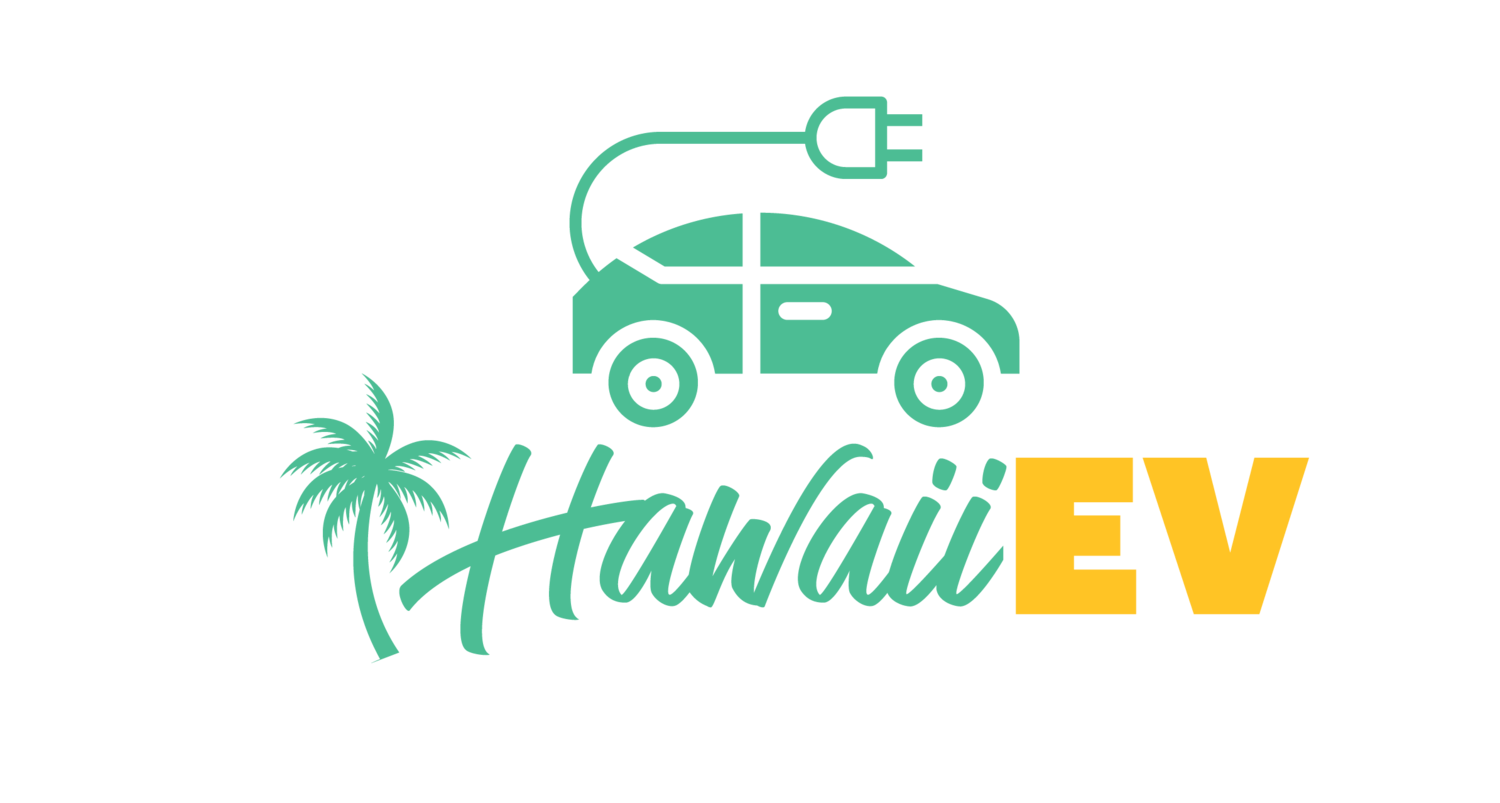The latest on EV Adoption in Hawaii
The Department of Business, Economic Development, and Tourism (DBEDT) reported 24,104 electric vehicles (EVs) registered in Hawaii in March 2023, accounting for 2.24% of all passenger vehicles. We also see good adoption across each county, with roughly 30% YoY increases in EV registrations.
Hawaii has made great strides in EV adoption. EV sales in Hawaii have increased year-over-year, reflecting a growing interest in cleaner, better-performing, and more sustainable transportation. This is encouraging, but Hawaii must do more - we consume about 40,000,000 gallons of gasoline and diesel every month, according to DBEDT. This not only highlights the carbon footprint of our ground transportation, it exposes our dependence on fossil fuel imports and the pricing volatility and energy insecurity that this brings.
Benefits Drive Adoption
Fortunately, consumers are learning about the various benefits of EVs, and this is contributing to an uptick in adoption.
Benefits:
The convenience of fueling at home (no gas station visits!)
Lower cost of ownership - affordable fueling and minimal maintenance
Superior driving experience - quiet, quick, smooth
Clean - no exhaust fumes, oil leaks
Personal action on global warming
Car manufacturers are responding with their electric vehicles, and we’re now seeing long-range vehicles of all shapes and sizes and at many price points. Most new EVs have over 150 miles of range. There is an EV for almost any need - bikes, cars, trucks, and even heavy equipment. Some manufacturers have even announced plans to produce only electric vehicles. At some point, it will be difficult to purchase a new gas vehicle.
Importantly, there are several Federal and State incentives that can help individuals and businesses purchase electric vehicles and charging equipment. As a result of the Inflation Reduction Act, there are several tax incentives that help us shift towards more efficiency and clean, non-fossil energy. Learn more about current incentives here.
Public Charging Must Improve
With cost, choice, and range now less of a barrier to adoption, the main challenge for broader adoption is the need for adequate public charging. For a more equitable adoption of EVs, Hawaii needs to rapidly enhance its public charger network. We need more DC Fast Chargers and a well-maintained network of charging stations. This will allow residents who live in apartments and condos and visitors to confidently utilize electric vehicles.
There are several programs geared towards enhancing our public charging network. There are Federal tax credits and Hawaii Energy rebates available to property owners who install commercial chargers, special EV rates offered by Hawaiian Electric, and efforts by our state and counties to deploy DC Fast Chargers.
Notable is the Hawaii National Electric Vehicle Infrastructure Plan, a program that will deploy eight charging hubs across Hawaii. Each hub will include at least four 150kW DC Fast Chargers. The current plan calls for one hub each on Kauai, Maui, and Oahu and five on Hawaii Island.
Additionally, Hawaiian Electric is seeking approval for the expansion of the DC Fast Charging network. If approved, we can expect an improvement in the number of DC Fast Chargers across their service territory.
Want to learn more about EVs, their many benefits, and how to purchase and operate one? Join one of our Drive Electric Earth Day events this month. We’ll share information about EVs, incentives, charging, and more!
Maui - April 19, 3– 6 PM at the University of Hawaii Maui College campus
Kauai - April 22, 9 AM – 1230 PM at the Lihue Civic Center parking lot (enter on Eiwa St.)
Hawaii Island - April 29, 10 AM – 2 PM at Edith Kanakaole Tennis Stadium, 350 Kalanikoa St., Hilo.
Oahu - April 29, 10 AM – 2 PM at Kahala Mall
Visit our Events page for details.



